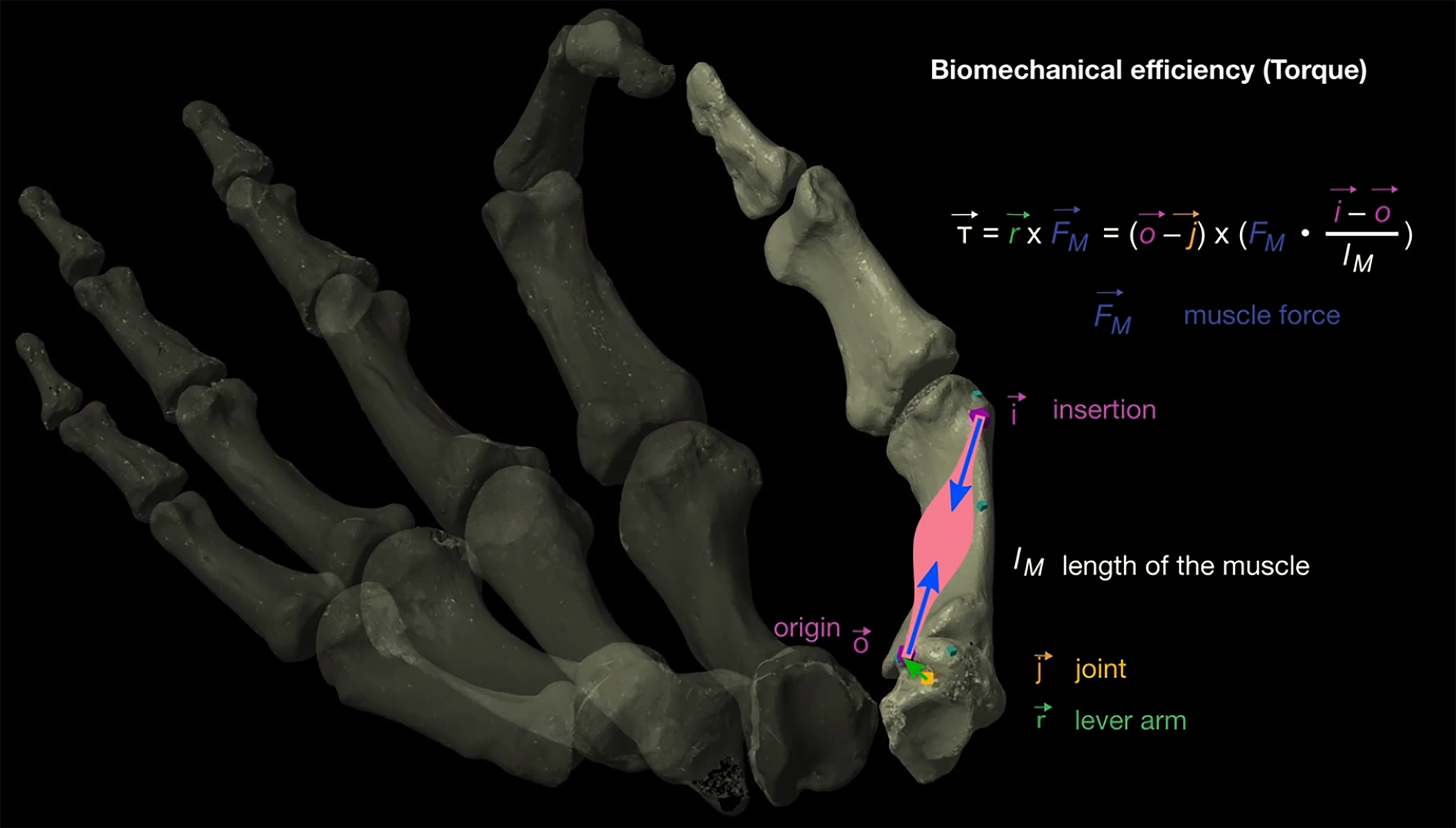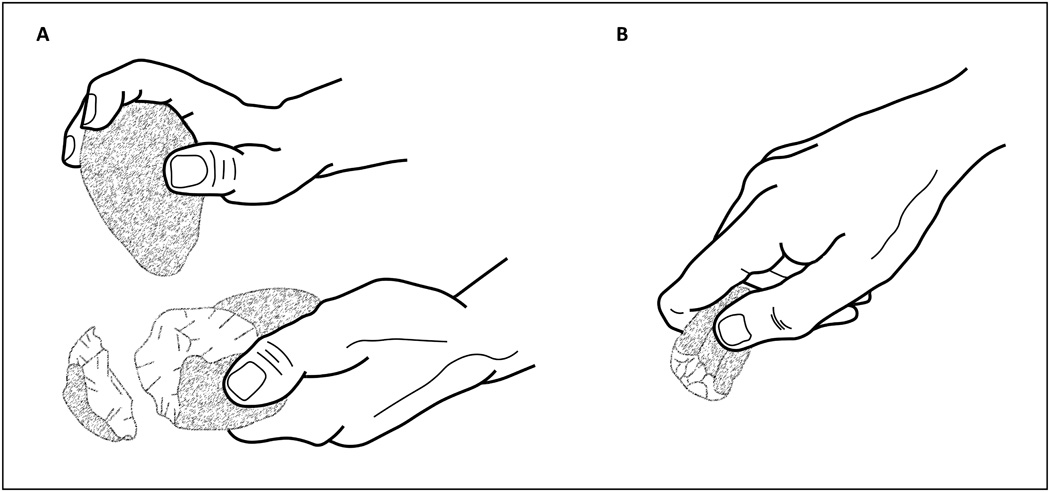Uni-Tübingen
- Back
- Back
- Job vacancies
- IT & library / technology & maintenance / administration
- Professorships
- Postdocs, assistant professors, junior research group leaders
- International researchers
- Excellent research conditions
- Values
- Career development
- Benefits
- Family and career
- Tübingen and the region
- Publish job advertisements
FacilitiesInternational



